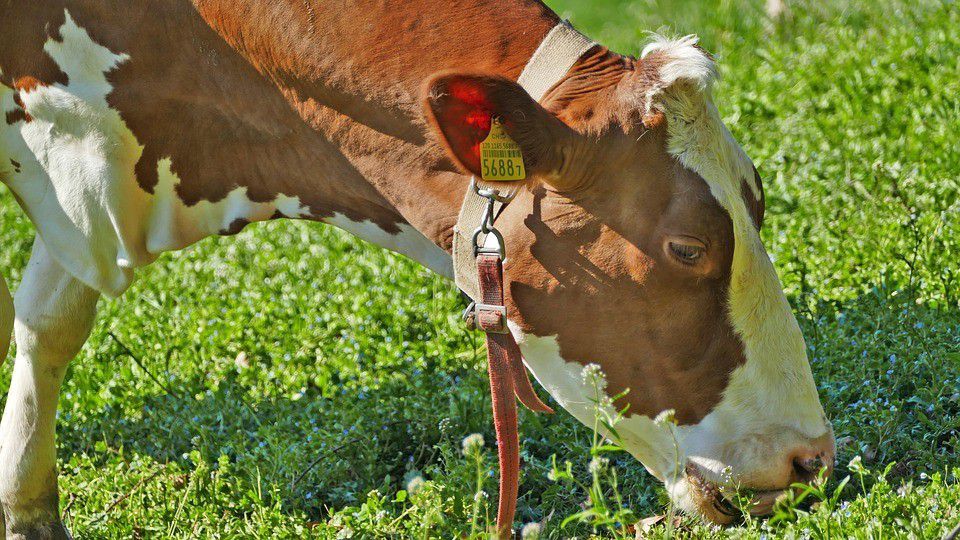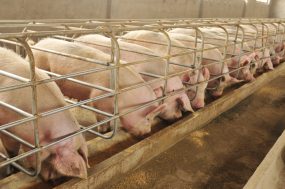Blog
Water Contamination from Animal Feeding Operations

Animal Feeding Operations (AFOs) are agricultural operations where animals are kept and raised in confined situations. During a flood, animal waste and wastewater from AFOs have the potential to contribute pollutants into surface water and the environment.

What is in waste from animal feeding operations?
Animal waste (manure) from animal feeding operations can contaminate surface water when flooding of these sites occurs.
Animal waste from animal feeding operations may contain:
Pathogens such as E. coli
Hormones
Antibiotics
- Chemicals such as nitrates, phosphorus, and ammonia
- Heavy metals such as zinc and copper
What are some potential health effects from exposure to floodwater contaminated with animal waste?
- Gastrointestinal illness (vomiting, diarrhea, fever)
- Skin irritation (rash, inflammation, infection)
- Respiratory illness (cough, sore throat, fever)
What can you do about it?v
- Stay out of floodwater
- If you come in contact with floodwater, wash skin with soap and water as soon as possible
Can these pollutants affect drinking water systems?
Some contaminants from surface water may get into the groundwater and affect private drinking water wells and municipal water systems that use groundwater.
